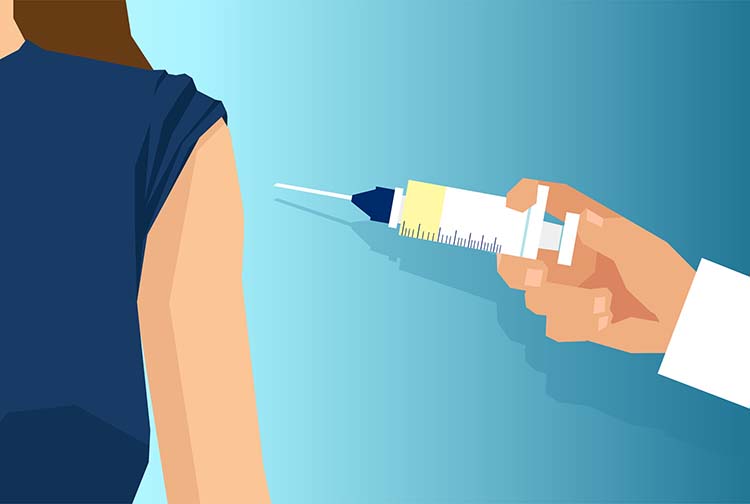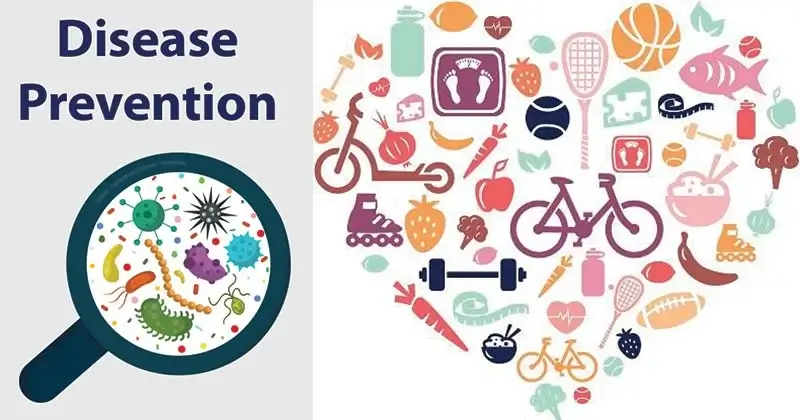
Preventive healthcare is a crucial aspect of maintaining overall well-being and preventing the onset of diseases or health complications. By focusing on preventive measures, individuals can take proactive steps to safeguard their health and minimize the risk of developing serious conditions. In this article, we will delve into the importance of preventive healthcare, explore its various components, discuss how to access preventive services, and provide valuable tips for incorporating preventive measures into your lifestyle.
Why Preventive Healthcare Matters
Preventive healthcare plays a pivotal role in enhancing health outcomes and ensuring a higher quality of life. By focusing on prevention rather than treatment, individuals can reap a multitude of benefits:
- Early Detection of Health Issues: Regular check-ups and screenings can help detect health problems at an early stage when they are more easily treated.
- Cost-effectiveness: Preventive healthcare is often more cost-effective than treating illnesses after they have progressed. It can help avoid expensive medical treatments and hospitalizations.
- Improved Overall Health and Well-being: By adopting healthy habits and preventive measures, individuals can enhance their physical, mental, and emotional well-being.
Studies have shown that preventive healthcare measures can significantly impact health outcomes. For example, vaccinations have led to a decline in the prevalence of infectious diseases, saving countless lives and reducing healthcare costs. Prioritizing preventive care can help individuals lead healthier, happier lives.
Components of Preventive Healthcare
1. Regular Health Check-ups
Regular health check-ups are essential for monitoring one's health status, identifying potential issues early on, and receiving necessary medical guidance. Depending on your age, gender, and risk factors, healthcare providers may recommend specific tests and screenings to assess your overall health. Common components of health check-ups include blood pressure monitoring, cholesterol level checks, blood sugar testing, and cancer screenings.
2. Vaccinations and Immunizations
Vaccinations are a key component of preventive healthcare, as they help protect individuals from various infectious diseases. Vaccination schedules are tailored to different age groups, ensuring optimal protection against illnesses such as influenza, measles, polio, and HPV. Despite some myths and misconceptions surrounding vaccinations, they have been proven to be safe and effective in preventing the spread of diseases.

3. Healthy Lifestyle Choices
Maintaining a healthy lifestyle is fundamental to preventive healthcare. A balanced diet rich in nutrients, regular exercise, adequate sleep, stress management techniques, and avoidance of harmful habits like smoking and excessive alcohol consumption are all key factors in promoting overall well-being. Healthy lifestyle choices can minimize the risk of chronic diseases such as heart disease, diabetes, and obesity.

4. Disease Prevention and Management
Understanding the risk factors associated with common diseases is essential for preventing their onset. By making lifestyle modifications such as following a healthy diet, staying physically active, and managing stress levels, individuals can reduce their risk of developing chronic conditions. For those already managing a chronic illness, adherence to treatment plans, regular monitoring, and lifestyle adjustments can help effectively manage the condition and prevent complications.

Accessing Preventive Healthcare
1. Healthcare Providers
Choosing the right healthcare provider is crucial for receiving quality preventive care. Building a strong relationship with your healthcare provider can facilitate open communication, personalized care, and proactive health management. It is important to ask questions, express concerns, and advocate for your health needs during healthcare visits.
2. Health Insurance and Coverage
Understanding your health insurance coverage for preventive services is essential for maximizing the benefits available to you. Many health insurance plans offer coverage for preventive services such as screenings, vaccinations, and wellness visits. By utilizing your insurance benefits effectively, you can access preventive care without incurring additional costs.
3. Community Resources
Community resources play a vital role in promoting preventive healthcare initiatives. Public health services, educational programs, support groups, and community organizations offer valuable resources for disease prevention, health promotion, and well-being. By actively engaging with these community resources, individuals can access information, support, and services to enhance their preventive healthcare efforts.
Conclusion
In conclusion, preventive healthcare is a cornerstone of maintaining optimal health and well-being. By prioritizing preventive measures such as regular health check-ups, vaccinations, healthy lifestyle choices, and disease prevention strategies, individuals can significantly impact their health outcomes and quality of life. It is essential to access preventive healthcare services, communicate effectively with healthcare providers, and leverage community resources for comprehensive health management. By taking proactive steps towards preventive healthcare, individuals can enjoy a healthier, happier life in the long run.
Remember, your health is your most valuable asset – invest in preventive healthcare today for a brighter and healthier tomorrow.

FAQs
Q: Why is preventive healthcare important?
A: Preventive healthcare is crucial for maintaining overall well-being, detecting health issues early, saving costs, and improving overall health and well-being.
Q: What are the components of preventive healthcare?
A: The components include regular health check-ups, vaccinations, healthy lifestyle choices, disease prevention and management.
Q: How can I access preventive healthcare services?
A: You can access preventive healthcare through healthcare providers, leveraging health insurance coverage, and utilizing community resources for support and information.
Q: How can I incorporate preventive measures into my lifestyle?
A: By adopting healthy habits like a balanced diet, regular exercise, avoiding harmful habits, managing stress, and following disease prevention strategies, you can incorporate preventive measures into your lifestyle effectively.


0 Comments